Efficient infrastructure, good governance, adequate financial support, cutting edge research and holistic development of its various stakeholders are some of the significant requirements of a higher education institution to impart the education that is relevant. For efficient good governance of higher education institutes, the selection of candidates to the top positions of the institution has emerged as a great challenge.
At present, it has been observed that the appointment of Vice-Chancellors of different universities in different states is not done on time. Strangely, it has also been observed that, in India, while we talk on one hand about One Nation, One Constitution, the process of selection of Vice-Chancellor differs from state to state. The University Grants Commission has provided a merit-based process for the selection of Vice-Chancellor but unfortunately, many states still do not comply with this process.
For efficient good governance of higher education institutes, the selection to the top positions of the institution has emerged as a great challenge.
In the selection process of the Vice Chancellors in a State, there is the provision of a search committee that is instrumental in the selection of Vice-Chancellors, but the constitution of the search committee varies from state to state. In some of the states, there is a representative of the University Grants Commission, a member of the Legislative Assembly of the State or nominee of the State Government, and a member nominated by the Executive Council of the University. The Chairman of the Search Committee is nominated by the Chancellor. The objective of the UGC nominee is to see that UGC norms are followed while recommending names by the search committee. My question is this: If the States are not following UGC norms then what is the purpose of having a UGC nominee?
Also Read: Don’t Compromise on Quality Education While Formulating Contingency Plans
However, in some states, e.g., Uttar Pradesh, there is no designated representative of the University Grants Commission. Instead, there is a nominee of the Chief Justice of Allahabad High Court and the Chairman is being nominated by the Chancellor. As per the UGC norms, an applicant for the Vice-Chancellor position should have 10 years of experience as Professor or 10 years of equivalent administrative experience. It is most unfortunate that many applicants for the Vice-Chancellor position give their 10 years of experience as Professor based on their retrospective notional fixation as Professorship rather than from the actual date of the promotion. “Law is well settled that the period of experience has to be computed from the date of actual promotion and not from any retrospective date of notional promotion”.
Further, in many of the search committees, it is noticed that less qualified, or those who themselves are not eligible for the respective Vice-Chancellor position, are the members of the search committee. There is an advertisement for the selection of the Vice-Chancellor in some of the states whereas no advertisement is done for the selection of the Vice-Chancellor in many other states.
Quite often, the nomination of the search committee for the selection of the Vice-Chancellor takes an unusually long time. In the process of selection, many meetings of the search committee are held, but in the end, various members of the search committee suggest the names of academics as per their personal choice.
Good academic leadership is a pre-requisite for improving the academic atmosphere of the University.
It has also been seen in many states that when the name of the academics approved by the search committee is sent to the Chancellor or to the state government, it mysteriously takes a long time to appoint the Vice-Chancellor. One is forced to wonder, what could be the reason for this delay when the whole process is complete. Possible reasons could be either political or financial. Sometimes, the selection of the Vice-Chancellor is also influenced by caste. This is based either on the region in which the University is located or on the population of some particular caste in the state.
At present, it has also been seen that in certain cases the High Court termed the appointment of the Vice-Chancellor unconstitutional or, sometimes, even commented about the person being appointed as the Vice-Chancellor to be less qualified than an Assistant Professor of the University.
Also Read: A View on Higher Education in New Education Policy 2020
In another judgement on the competence of a Vice-Chancellor, a leave application written by the Vice-Chancellor, while he was Professor, was presented in the court. The Hon’ble Court rejected the plea that a Professor of Mathematics was not supposed to be necessarily correct in English. The language of the application for leave suffers from such fundamental errors, which are not expected of a person, who could be allowed to hold the high office of Vice-Chancellor of a University. A post, which requires a person of the “highest level of competence”, would certainly mean a person with the ability to communicate in the language he uses. We find it wholly impossible to ignore that while writing an application for leave by the Vice-Chancellor, which contained four sentences, two of the sentences were incorrect.
Also Read: Reform Examinations to Promote Deeper Learning
Another major concern is the fairness of the whole process. In a recent case, the Chancellor of the state universities, who is also the Governor of the state, remarked through the Press, that bribes were paid in the appointment of vice-chancellors prior to his tenure. I understand that when a person holding such a high official position makes such a comment, then there should be a judicial inquiry into the entire process.
Vice-Chancellors ought to work extremely hard and honestly till the last day of their term for the upliftment and progress of the educational institution.
It is also strange that while the appointment of a Vice-Chancellor is a constitutional appointment, in the last 3 months of the tenure of the appointment of the Vice-Chancellor, s/he is told not to take any kind of financial decision nor make any policy decisions, appointment, etc. Whereas it is seen that in many other services, the officers are supposed to perform all sorts of work even on the last day before retirement. This gives a message that a constitutionally appointed Vice-Chancellor cannot be trusted during his last phase of the term. It lowers the morale of the individuals. I think it is necessary that the Vice-Chancellor ought to work extremely hard and honestly till the last day of his/her term for the upliftment and progress of the educational institution.
Also Read: Ensuring Education to Poor in Post-Pandemic Era
In the present time, there is another profoundly serious issue that haunts the selection process of the Vice-Chancellor. It is known from various sources that when the ruling political party at the Centre is different from its State counterpart then there is a lot of difficulty in the selection process. It is also known from the sources that the members of the search committee of the selection process do not choose the name of an academician on their own and instead, the names are recommended by the state government or any of the government nominees. On the other hand, members of other political parties nominate academics named by their organizations. In this way, there is always a doubt whether the Vice-Chancellor is selected based on merit or liaisoning or to carry out some political agenda.
This is a profoundly serious subject and I think that if there is such a selection process for a University, then it would be difficult to say anything about the progress of that institution. I think the process of Vice-Chancellor selection should be very transparent and solely merit centric. The academic achievements and qualifications of the individuals, who have applied for this post should be published along with details of other academics who are not nominated for an appointment. Good academic leadership is a pre-requisite for improving the academic atmosphere of the University!
Disclaimer: The views expressed in this article are of the author solely. TheRise.co.in neither endorses nor is responsible for them.
About the author
Prof. Ashok Kumar is former Vice-Chancellor of Deen Dayal Upadhyaya University, Gorakhpur (U.P.) & CSJM University, Kanpur, (U.P.), Nirwan University, Jaipur, Rajasthan, and Shri Kallaji Vedic University, Nimbahera, Rajasthan. He is President of the Social Research Foundation, International Society of Life Sciences.

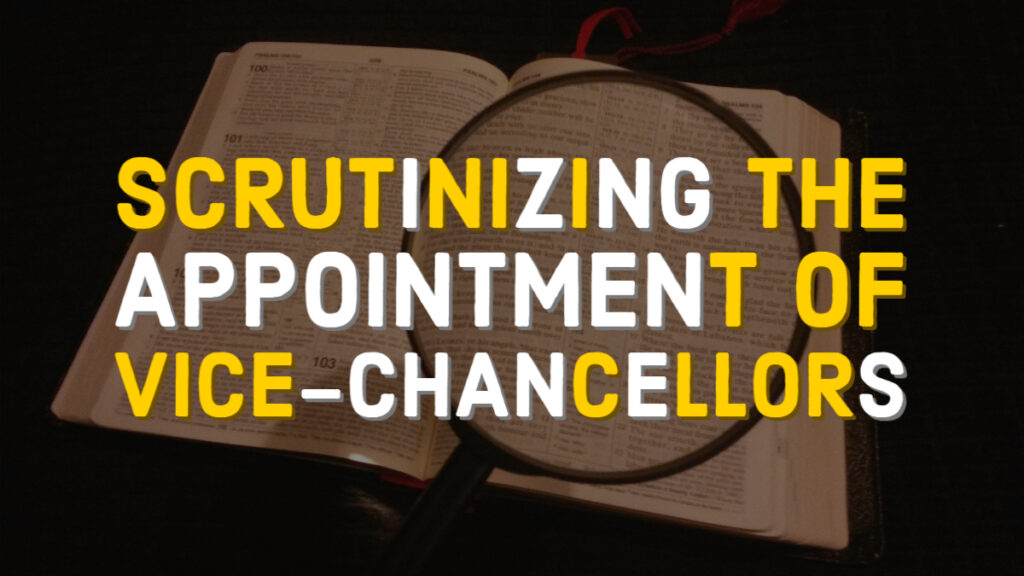







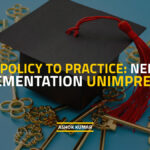








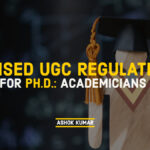







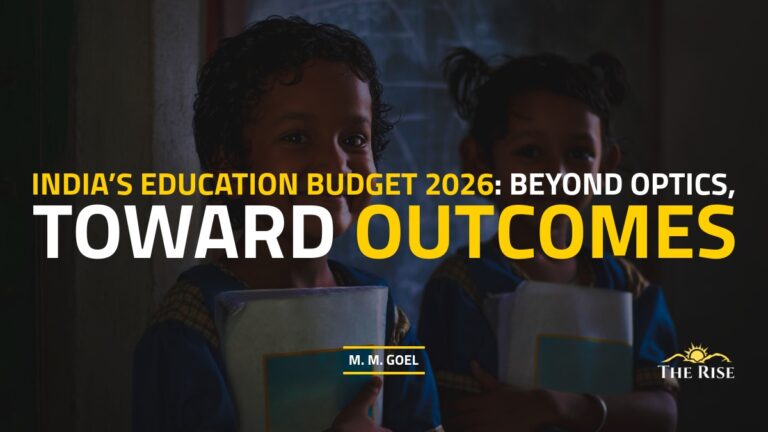
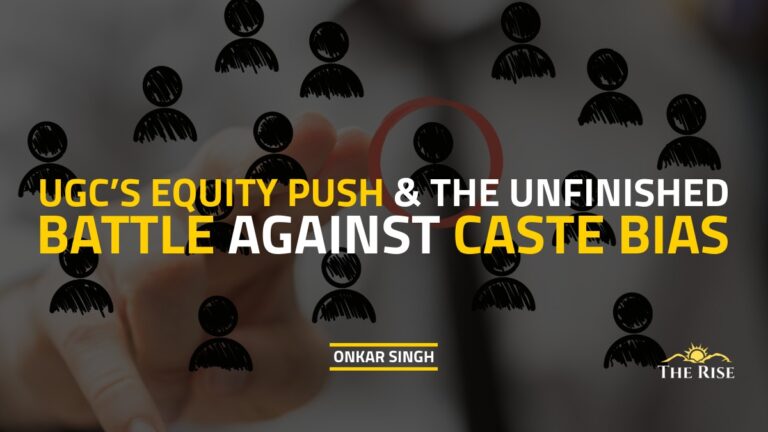
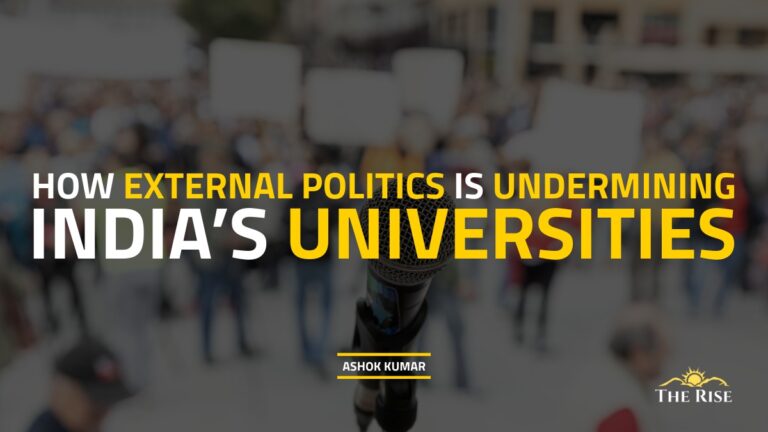
An interesting and fair analysis of the state of affairs In selection and appointments of vice chancellors in Govt. universities. What about the universities in private sector – a sizable number, about one third or so? That also deserves a critical analysis.
Pingback: Implementation Challenges of NEP in Higher Education - TheRise.co.in
Non-compliance of UGC norms for Vice-Chancellors by many State Governments shows ill intention of favouring certain people, who are not even eligible as per Norms.
Pingback: Loosing sheen of Gurus - Editor's Pick - TheRise.co.in
Pingback: Anniversary-of-NEP-2020 - TheRise.co.in - Editor's Pick
Pingback: Self-Financed Private Universities: Implications on Affordability
Pingback: Higher Education in Public & Private Sector - TheRise.co.in
Pingback: Importance of Teachers in Higher Education - TheRise.co.in
Pingback: Responsibility for Wrong Appointment of Vice-Chancellor - TheRise.co.in
Pingback: Decadence of University Education in India - TheRise.co.in